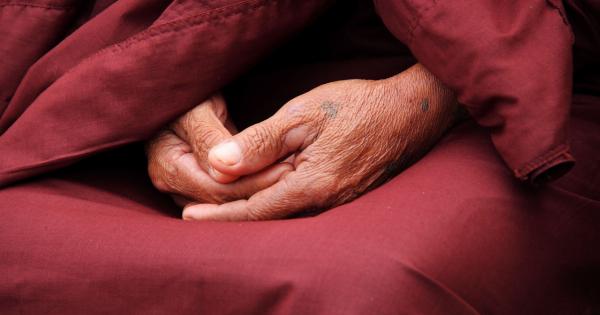Tickling is an intriguing and stimulating activity that almost everybody enjoys. It is almost impossible to tickle oneself; therefore, we require others to tickle us and evoke a series of uncontrollable, joyous reactions.
Nevertheless, the power of tickling does not stop at laughter; it can also reveal some psychological traits that we possess. Apart from providing a moment of exhilaration, tickling might also exhibit our personality features. In this article, we will discuss how tickling yourself can reveal your personality traits.
What is Tickling?
Tickling is often referred to as a sensation that results in laughter and involuntarily contractions of body muscles.
It is a reflex action that occurs when the skin is lightly touched, sending signals to the nerve endings that generate messages to the spinal cord, notifying the brain that the body is being tickled. The brain then releases endorphins, serotonin, and oxytocin, which produce pleasurable, relaxing sensations, and emotional responses such as laughter.
Tickling and Personality traits
Recent researches suggest that the way an individual reacts to tickling can reveal a lot about their personality traits.
For instance, a study published in the journal ‘Personality and Individual Differences’ discovered that an individual’s social status and authoritarian attitudes could be predicted based on specific responses to tickling.
Tickling and the Social status
The same study suggests that the way an individual reacts to tickling can provide a clue to their personality traits. Tickling, according to the study, is associated with social power.
Therefore, people in high-status positions are less ticklish than those who hold lower status positions. As a result, researchers believe that how ticklish a person is could give some indication of their social status in life.
Tickling and Emotional responses
Tickling can also reveal one’s emotional responses. People who are easily tickled are more likely to have positive emotions, whereas those who are not ticklish may lack emotional experience.
The release of endorphins, serotonin and oxytocin during tickling may strengthen emotional well-being and reduce stress levels.
Tickling can reveal your Dominating Personality traits
Tickling can also indicate one’s authoritarian characteristics or dominating personality traits. People with these traits are highly sensitive to being tickled and tend to tickle others less.
The study states that authoritarian individuals often dislike being vulnerable, and being tickled could be perceived as a threat to their security.
Fear of being tickled
Mainly, individuals who have had poor experiences with tickling in their childhood have developed a fear or a phobia of being tickled. Hereditary factors and genes can also play a contributing role in this fear response.
Therefore, fear of being tickled might suggest that an individual is not confident, unassertive, and more inclined to hide their vulnerabilities.
Repressed Personality Traits and Tickling
Moreover, people with repressed personalities are less likely to react to tickling. According to experts, repressed individuals tend to bury their emotions, both positive and negative, deep down inside.
Consequently, they might also be unaware of other aspects of their personality or underdeveloped in some personality traits, such as humor and sportsmanship.
Conclusion
Tickling is an exciting activity that can reveal numerous personality traits. From social status to emotional responses, tickling can provide an insight into one’s personality.
By analyzing how you react or your fear of tickling, you might learn a lot about yourself. In conclusion, it is essential to understand that tickling yourself can reveal certain personality traits while being tickled by others may indicate entirely different personality traits.
Therefore, it is always beneficial to have healthy social interactions with others to understand each other’s personalities better and engage in diverse activities.




























